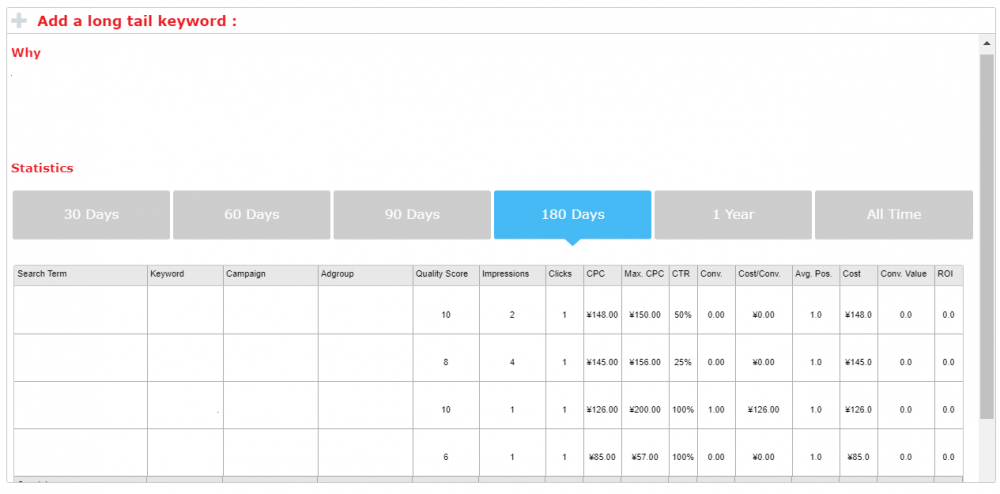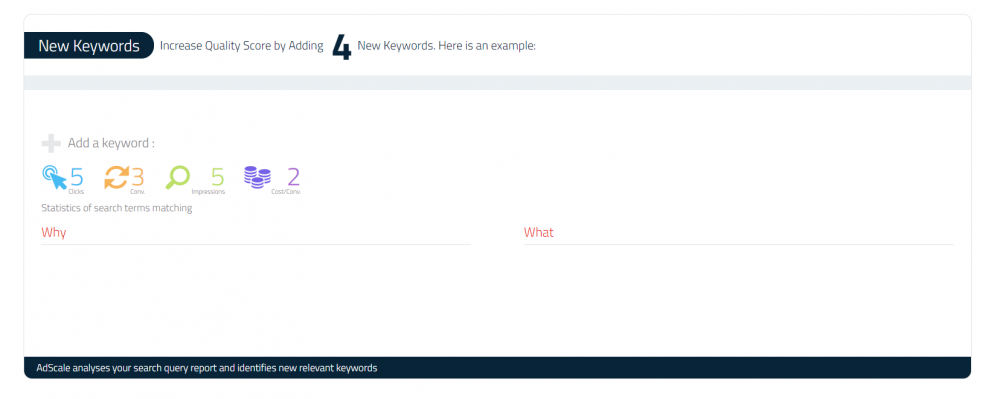Empower and Revitalize Japan for Next Generation
Enjoy our initiatives and ideas that embody SOPHOLA's Vision, Mission and Values.
We will update our employees' daily lives and thoughts so that you can understand the SOPHOLA culture.
AdScale & the dreaded black box
Anyone who has spent any amount of time working in Japan will be familiar with how detail and process oriented customers can be here. Whereas in some result-oriented business cultures a positive result is enough to make any questions about method irrelevant, this is not the case in Japan. Foreign companies in Japan are often surprised by the number of detailed questions they get and customers can have a negative experience despite positive results if they feel that this attention to detail isn’t mirrored in their partner company.
Japanese customers do not like a black box. Here a system without transparency in its internal workings is fundamentally unsatisfactory. This is particularly true if the system in question is replacing some function that was previously performed manually. Companies need to be particularly careful with how they communicate around these kinds of issues or risk coming across as sloppy or careless.
Risks of Automation
An example of this dynamic is AdScale’s ad automation platform. AdScale is a state-of-the-art multi-channel ad automation and optimisation platform powered by AI and machine learning. As AdScale automates optimal budget allocation and bids across all advertising channels it is operating in exactly the kind of space where Japanese clients will have questions about methodology and details. AdScale offers some key features that help it excel in this area and that are examples of how to answer these questions.
Learn why – Teach a man to fish…
An example of transparency in what could otherwise be a black box is AdScale’s account recommendation feature. This feature makes automatically generated suggestions for improvements to manual settings which can be implemented with a single click. These suggestions could include changes to account structure, ad groups/keywords/negative keywords, and keyword deletion/suspension. Understanding why these suggestions are being made is a critical part of this feature. Each suggestion comes with a “Learn why” link which gives users the ability to see why a recommendation was made as well as being able to change the time parameters on which the decision was made. A decision that makes sense based on a 90 day data window, it might make less sense over a 180 or 360 day window if it’s affected by seasonal fluctuations.

Giving a justification for a particular recommendation and also the ability to change the data range on which it is based is good practice in terms of answering the detail-oriented questions highlighted above. It also highlights another aspect of these recommendations: the ability to change the parameters on which recommendations are based.

This level of detail orientation is hugely appreciated.
Justifying choices to streamline adoption
Another area where detail orientation and transparency are key is in terms of speed of decision making in the traditionally hierarchical Japanese workplace. Like large organisations in many countries, decisions need to travel up multiple steps and the ability to justify a course of action is key. Actions can be held up indefinitely while more and more detailed justifications are requested by superiors. A lack of justification due to a black box can mean that adoption of your service takes longer than expected.
One solution to this problem is to offer audits to prospective clients. Audits give accountability in terms of results but also make it easier for the person responsible to propose the solution to their superiors.

AdScale is again an excellent example. The audit functionality gives a very detailed analysis of an ad accounts current issues and potential improvements. Each section includes justification in both text and data visualisation form. The report is incredibly easy to understand and makes it more likely that an employee will be able to explain exactly why some measure is being suggested and by extension why AdScale is the right solution.
Questions
Of course, however well you prepare features to make your product suitable for the Japanese market, you are always bound to be surprised. Most partners we have worked with has received questions from Japanese clients that they have never heard before. In these cases it’s crucial to answer these questions as well as possible, and when there is no perfect answer show that the detail-oriented approach is being taken and that the business culture in Japan is being accommodated.
At SOPHOLA we’ve been working with our partners to ensure that they are able to smoothly navigate the unique aspects of Japanese customer expectations.
Sebastian Benedikz
Global Sales Executive
SOPHOLA, Inc
